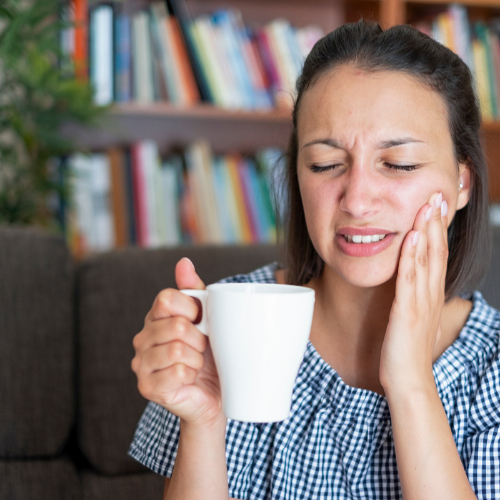Same Day Crown Process
The Same Day Crown Process: From Start to Finish
Dental crowns are a popular and effective way to restore the function and appearance of your teeth. Traditionally, the process of getting a dental crown could take weeks, as it required multiple trips to the dentist. However, with advances in technology, it is now possible to get a same-day dental crown in Easton PA. Keep reading to learn more about how the same-day crown process works!
What Happens First
The first step in getting a same-day dental crown is to schedule an appointment with your dentist. During this initial consultation, your dentist will examine your mouth and teeth to determine if you are a good candidate for this procedure. Once it has been determined that you are a good candidate, the next step is to prepare your tooth for the crown.
Preparing The Tooth
To prepare your tooth, your Easton PA dentist will need to remove any decay or damaged tissue. Next, they will take an impression of your tooth so that the crown can be custom-made to fit snugly over it. Once your tooth has been prepared, and the impression has been taken, the next step is to apply the temporary crown.
Temporary Crown
The temporary crown protects your tooth while you wait for your permanent crown to be created. It is important to note that you will need to take extra care when brushing and flossing around the temporary crown. You should also avoid eating sticky or chewy foods as they could cause the temporary crown to come loose.
Final Step
Once the permanent crown has been created, your dentist in Easton PA can apply it. During this appointment, your dentist will check to make sure that the fit is comfortable and that the color matches well with your other teeth. Once they are satisfied with how everything looks, they will use special dental cement to bond the crown in place.
The whole process of getting a same-day dental crown in Easton PA, typically takes between two and three hours. While this may seem like a long time, it is actually much shorter than traditional methods! Plus, you won’t have to worry about making multiple trips to the dentist or taking time off from work since everything can be done in just one visit!

Contact College Hill Dental Group Today!
If you’re in need of a dentist in Easton PA, look no further than College Hill Dental Group. We offer same day crowns, so you can get the treatment you need without having to wait. We understand that dental problems can be unexpected and often stressful, so we offer convenient appointments to make things as easy as possible for you. We also use the latest technology to provide our patients with the best possible care. Contact us today to schedule an appointment.









